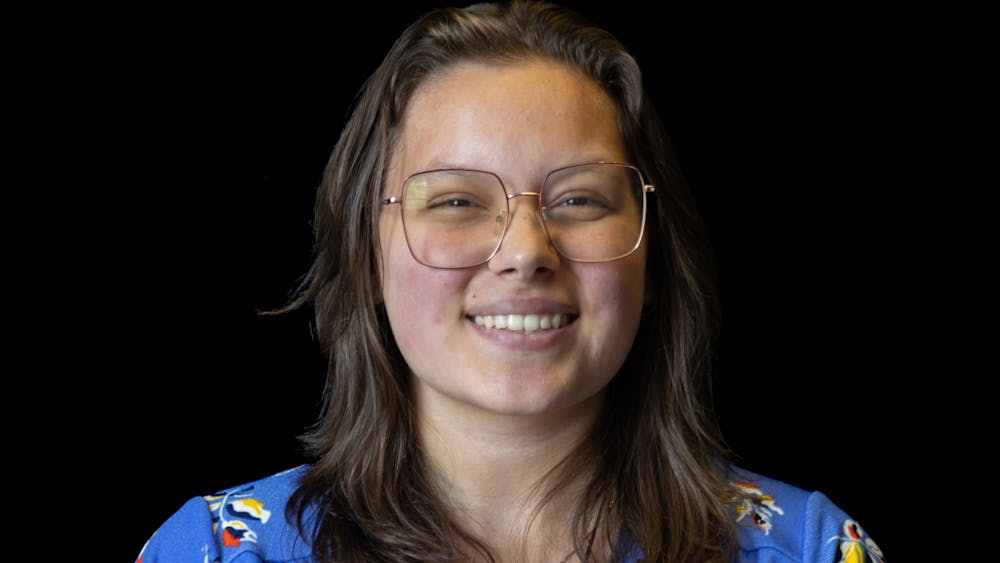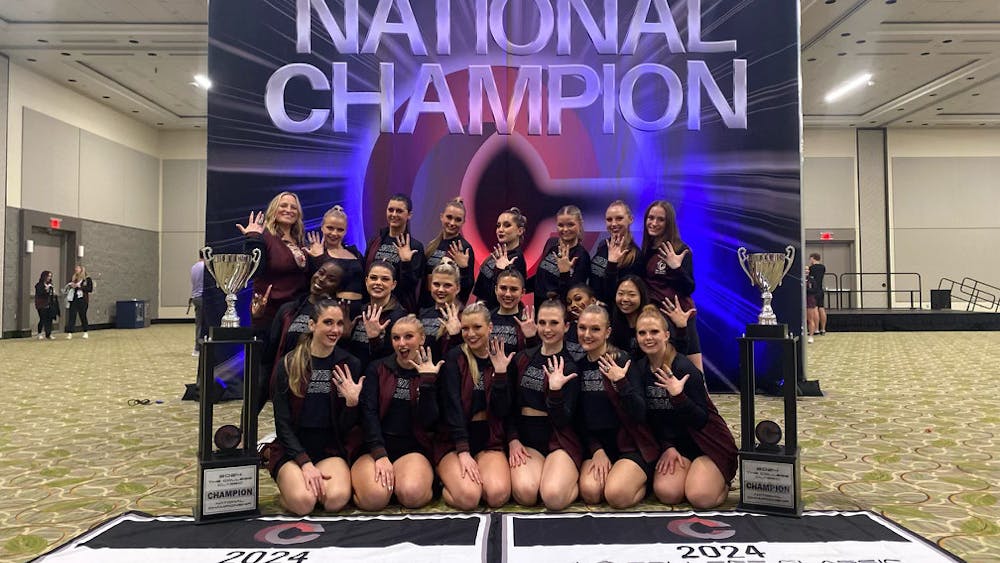History of on-campus activism discussed at student forum
The history of student activism and leadership on Central Michigan University's campus up until now was the focus of the last Speak Up, Speak Out forum of the semester.
The forum, titled "Active Citizenship at CMU Past and Present," took place March 29 in the Charles V. Park Library Auditorium. Some problems panel and audience members thought they would face in the near future included transparency of college tuition, college debt, legalization of marijuana and religious freedom.
To set the tone of conversation, Bryan Whitledge, the reformatting and imaging manager of the Clarke Historical Library, put together a collection of photos and videos of student activists and campus leaders at CMU over the years.
Mount Pleasant freshman Justin Cowell said his perception of student leadership on CMU’s campus has changed significantly since he started attending.
“I grew up here, so the opinion of CMU has always been that we're a bunch of kids who party all the time and do drugs,” Cowell said. “There was this bias in the back of my head when I thought of Central, but in the time I’ve been here I’ve met a bunch of people who seem to be driven and have goals they want to achieve, and are trying hard to get there.”
The SUSO panel was made up of seven past and present students who consistently strive to make a difference on campus and in other people’s lives: Nathan Inks, Jasmine Hall, Alanna Johnston, Charles Mahone, Kai Niezgoda, Jace Trevino and Jami Watson.
“I think we have a strong history of activism at Central and not a lot of people know about it,” said junior Evan Wittenbach. “Whatever issue you have, there’s probably someone campaigning to change it or some activism relating to that.”
The panel and audience were asked what they thought successful activism looked like and the things they learned from being an advocate for a cause.
“(Successful activism) has to transcend grassroots movements over to laws and policies,” said Mahone.
Niezgoda said activism can be effective even on a smaller scale.
“There is power in shifting people’s attitudes and perceptions toward things,” said Niezgoda.
Inks agreed.
“If you can make someone rethink their opinion, you have succeeded in activism,” said Ink.
Hall said through activism, she has learned patience.
“I think especially with our generation, we want instant gratification, but activism requires patience,” said Hall.
Williamston sophomore Victoria Fisher said she liked hearing about all the different ways students were involved on campus.
“I got to see what’s actually happening rather than having someone tell me about the presence of these groups on campus,” said Fisher.
Wittenbach said he enjoyed listening to where other students thought the role of activism was headed in the future.
“I thought it was really cool to talk about where things are going in the future because a lot of these issues are going to become issues on a national scale, and (on campus),” Wittenbach said.




